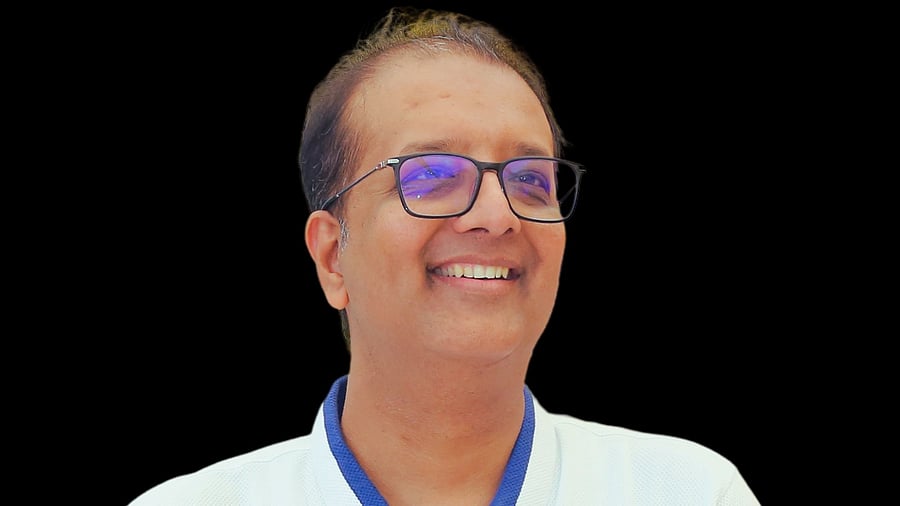
Vybhava Srinivasan
Bengaluru: Last week, Availity India, the India GCC (Global Capability Centre) of the largest healthcare information network in the US, expanded its India footprint by opening a new facility in Bengaluru. The company has over 20,000 clients in the US market, and this year, the company doubled its workforce in India. Availity, which is growing between 12% and 16% y-o-y in terms of revenue, connects with more than 95% of payers, over three million providers, and more than 2,000 trading partners in the US. In an interaction with Uma Kannan of DH, Vybhava Srinivasan, India Head and Managing Director and Sean Keneally, Chief Operating Officer at Availity said with the opening of the new facility, India will serve as an important technology hub supporting global operations. Edited excerpts:
How are you looking at the Indian market for GCCs?
Sean Keneally: The whole outsourcing world has gone through a lot of metamorphosis over the last 15 years. When I joined this organisation, we were a largely domestic organisation with a couple of service-based functions located in India. One of the unique things about Availity is having operations and technology teams working together. Our product development team is here and our technology, all of them working collaboratively together.
Vybhava Srinivasan: The leadership has always viewed India as a strategic asset. We are globally 2,000 people.
With this expansion in Bengaluru, what are your hiring plans?
Sean: In April 2023, we were 90 people, and by the end of this year we will be touching 400 in India, and by next year we expect this number to double. We believe in hiring the best talent.
Vybhava: We will hire people that will move the needle in making healthcare better, which means more people that are creative and are able to innovate. We believe there's a strong amount of that type of talent available at the scale here.
We're looking at a lot of infrastructure resources to support Availity’s operations itself 24/7, we've become very large in the US now. We're looking at talent that will help us in implementing our client pipeline. The talent requirement is now across the breadth, but critical to us will continue to be engineering and product talent.
There is a GCC wave across the country. Whether this wave will continue for years to come?
Vybhava: As long as we continue to have a pipeline of skilled talent, this will continue. That's the only reason that anybody across the world evaluates India, because we have the workforce with the right talent available at a significant amount of scale with reasonable English-speaking skills, which many countries don't have. I think it will continue as long as, at least for the foreseeable future. Almost everybody that you talk of in the big names gives you GCC as a service, BOT models, there are different variations today available in the market space. So, you will see some of the service sector also shifting towards supporting this propulsion growth that's going on.
This wave is good for us as a country for a couple of reasons. We are now seeing talent, at least in the technology segment, being remunerated at a significantly different scale from what an average service provider did. There's significant competition for talent and added to that is very favourable government policies. Given there's strong government support, there is availability of talent, and there is a need for the world to invest somewhere to get the talent, I think this is going to continue for some more time.
How are you making use of Artificial Intelligence? It is said automation will take over some jobs, especially in the healthcare segment. What is your take on this?
Sean: We think of AI in three different facets. The first one is our products. What products are we developing that we're bringing to market that are AI born and raised -AI first. Number two is making our associates more effective and efficient. And some of these technologies, we're not going to build them, we're going to buy them. We've eliminated 30% of the average time an associate spends on a phone call by doing post-call transcription and also documentation retrieval through knowledge management systems. The third is how do we actually make our customers better with AI (insights and analytics.)
I don't think jobs will be eliminated. We are putting tools and technology through AI to help simplify the administrative task.